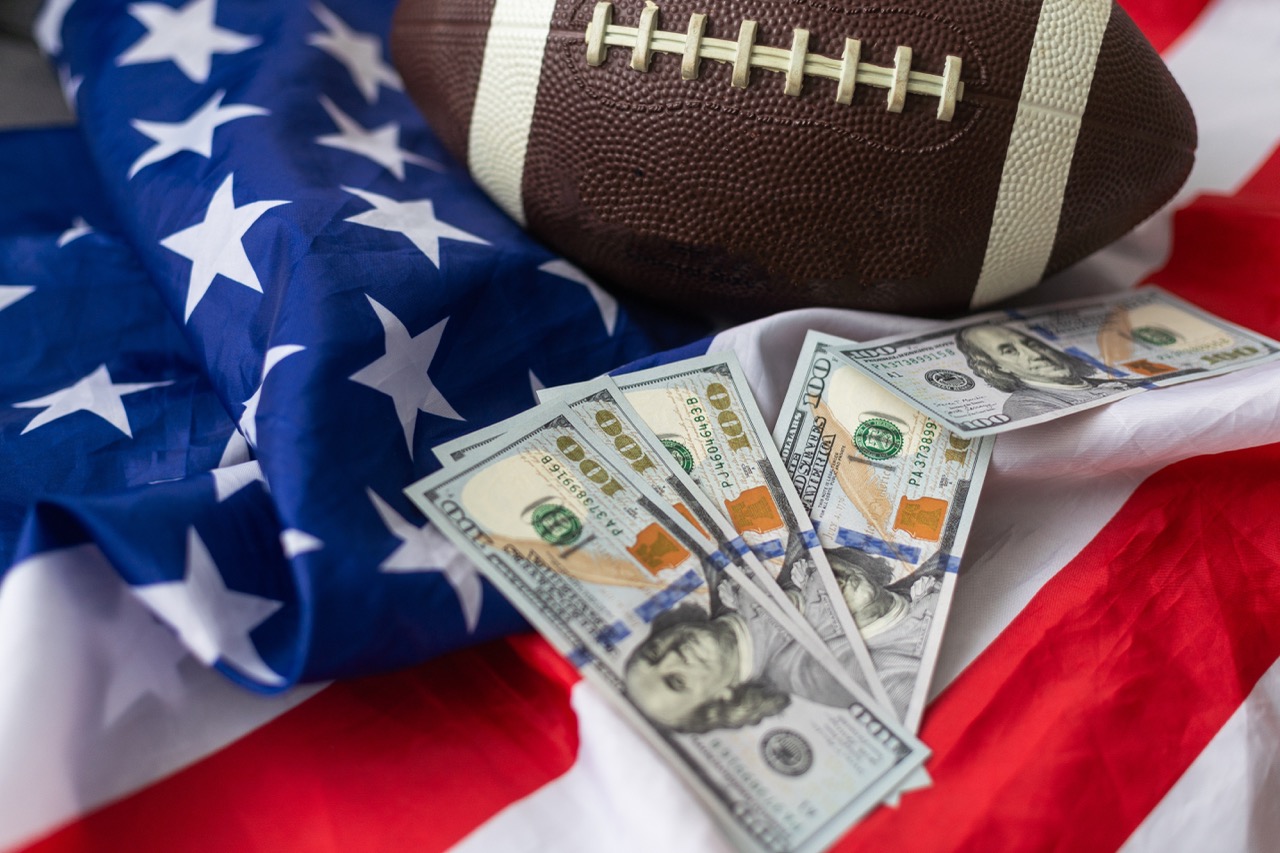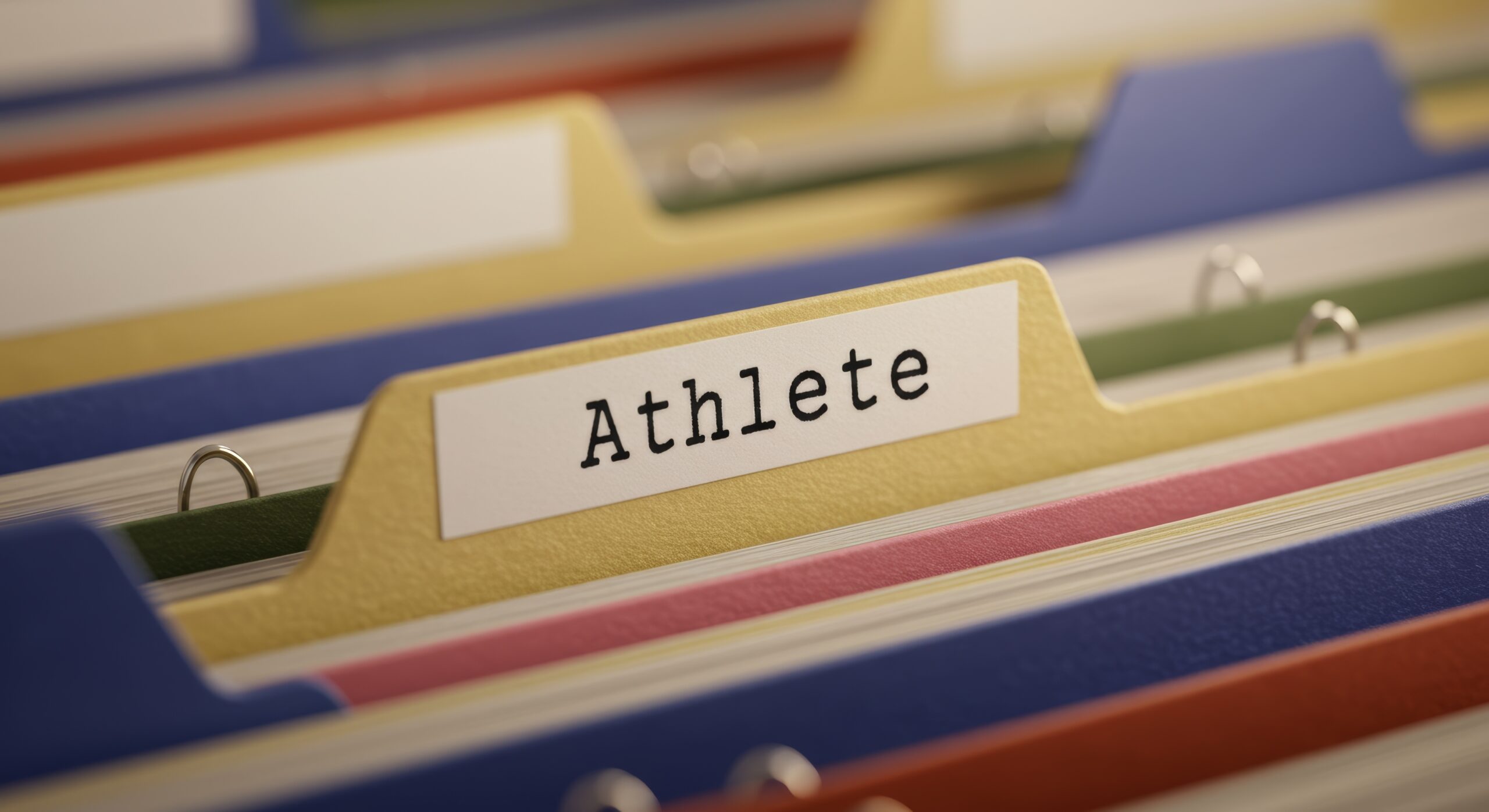Why Budgeting Experts for Athletes Matter in the New NIL Era
NIL deals have transformed the lives of student-athletes by creating both opportunity and responsibility. For the first time, young athletes can earn real income from their talent and personal brand, but that also means they must think like entrepreneurs. Managing NIL income is more than just cashing checks, it requires smart planning. This is where budgeting experts for athletes make a real difference.
With professional guidance, student-athletes learn how to organize their finances, prepare for taxes, and make choices that protect their future. Effective NIL money management and careful student-athletes financial planning ensure that earnings are not wasted but instead invested in long-term goals. Building financial discipline now helps athletes avoid mistakes and sets the foundation for security beyond their playing careers.
Understanding NIL Money in 2025
NIL opportunities continue to expand in 2025, giving student-athletes more ways to earn from their name, image, and likeness. Each income stream comes with its own financial and tax responsibilities, so understanding them is the first step in smart money management. By knowing how deals are structured and how the IRS views this income, athletes can make informed choices that protect earnings and support long-term goals.
Where Does NIL Income Come From?
NIL income comes from a variety of opportunities. Student-athletes often earn through brand endorsements, sponsorships, social media promotions, autograph signings, and paid appearances. Many also explore merchandise sales or host training camps. These revenue streams can fluctuate, which makes financial planning essential. Careful tracking helps athletes avoid mistakes and stay prepared for tax season.
Cash vs Non-Cash Compensation
Not all NIL deals provide cash payments. Many include benefits that still count as taxable income, such as:
Free apparel and shoes
Cars or housing assistance
Paid travel and event perks
Training equipment and technology
The IRS requires athletes to report the fair market value of these perks on their returns. Recognizing how these benefits impact taxes is key to staying compliant.
Why Student-Athletes Struggle With Budgeting
Managing money can be overwhelming for student-athletes stepping into the NIL era. Payments often arrive in unpredictable ways, and tax rules create added pressure. On top of that, social expectations and lifestyle temptations can quickly drain earnings. Without structure, athletes risk losing control of their finances. Understanding these common challenges is the first step toward building better financial habits and planning for long-term success. Let’s look at the main reasons athletes struggle:
Irregular Payments & Income Streams
NIL income does not follow the rhythm of a regular paycheck. Some athletes receive large lump-sum payments from endorsement contracts, while others earn smaller recurring amounts from social media promotions. This inconsistency makes it difficult to plan ahead. When income varies from month to month, it becomes easy to overspend during peak times and struggle when payments slow down. Building discipline around variable cash flow is essential to staying financially balanced.
Overlooked Taxes & Compliance
Tax responsibilities are often underestimated. NIL income typically counts as self-employment earnings, meaning athletes must handle IRS filings and make quarterly estimated tax payments. Many forget about these obligations until deadlines approach, which can lead to penalties, unexpected bills, and stress. Staying ahead of NIL earnings compliance rules requires careful planning, accurate record-keeping, and consistent tax preparation. With the right systems in place, athletes can avoid surprises and protect their eligibility and finances.
Lifestyle Pressures & Spending Temptations
Peer pressure, flashy purchases, and the desire to enjoy sudden income often push athletes to spend more than they should. Expensive clothes, luxury cars, and trips may feel rewarding in the moment but can quickly drain NIL earnings. This is where budgeting experts for athletes provide structure, teaching discipline and strategies that help athletes enjoy their success without putting their financial future at risk.
Key Budgeting Moves for NIL Athletes
Smart budgeting is one of the most important steps an athlete can take after signing an NIL deal. Payments may be large or unpredictable, but planning ahead keeps finances under control. By creating a structured budget, separating accounts, and preparing for taxes, athletes can avoid costly mistakes and build a stronger financial future.
A simple way to manage NIL income is by using the modified 50/30/20 rule. This approach ensures athletes balance their priorities while still enjoying their earnings. Working with budgeting experts for athletes can make this system easier to follow and adapt.
50% for essential needs such as housing, tuition, and food
30% for wants like entertainment and lifestyle purchases
20% for savings, investments, and future goals
Setting up multiple accounts helps keep money organized. A dedicated business checking account tracks NIL deposits and expenses. A tax savings account holds money set aside for future obligations. An emergency fund ensures unexpected costs, like travel or medical expenses, don’t disrupt your financial stability.
Taxes are often overlooked but can quickly create stress. Athletes should save 30–40% of every NIL payment for federal and state obligations. Creating this habit early avoids surprises during tax season and helps maintain compliance with IRS requirements related to NIL tax implications.
Protecting NIL Income
Protecting NIL income is just as important as earning it. Many athletes focus only on the size of their deals but forget about the risks that can threaten their financial future. Injuries, lawsuits, or contract disputes can quickly reduce or even wipe out earnings. That is why building a safety net matters.
Insurance plays a central role in this protection. Disability insurance can replace income if an injury prevents an athlete from meeting obligations. Liability insurance helps cover costs if an endorsement or appearance leads to legal action. These policies may seem optional, but they provide peace of mind and stability in unpredictable situations.
Contracts also require close attention. Many agreements include clauses that allow brands to reclaim payments if certain conditions are not met. Behavioral standards, exclusivity rules, and repayment terms should always be reviewed carefully before signing.
Smart Investment Strategies With NIL Money
Earning NIL income is exciting, but saving alone is not enough to build long-term stability. Investing allows athletes to grow their money over time and prepare for life after sports. The right approach depends on personal goals, comfort with risk, and future plans. Starting with simple tools makes the process less intimidating and creates a foundation for stronger financial growth in the years ahead.
Beginner Options
New investors should start with safe, easy-to-manage choices that protect earnings while still creating growth potential. High-yield savings accounts are a smart place for emergency funds since they earn more than standard accounts and keep money accessible. Index funds offer broad market exposure at a low cost, letting athletes invest without needing deep financial knowledge. Balanced portfolios that mix stocks and bonds provide steady growth while limiting major risks. Safe starter options include:
High-yield savings accounts
Index funds with low fees
Balanced stock-and-bond portfolios
Long-Term Wealth Planning
Once a foundation is set, athletes can focus on strategies that secure wealth for decades. Compounding interest plays a powerful role, as even small regular contributions grow significantly over time. Retirement accounts are valuable tools for building future security. Traditional IRAs can lower taxable income today, while Roth IRAs provide tax-free withdrawals in retirement. Starting these accounts early allows NIL income to transform into a lasting source of stability.
Do Student-Athletes Need Budgeting Experts?
Many student-athletes quickly discover that earning NIL income is only the beginning. Managing irregular payments, tracking expenses, and staying compliant with tax rules can feel overwhelming. This is where budgeting experts for athletes play an important role. Unlike agents, who focus on securing deals, financial advisors concentrate on organizing income, planning for taxes, and protecting long-term wealth.
Working with NIL-focused professionals gives athletes the tools to make informed decisions. The right guidance prevents common mistakes and helps athletes use their earnings wisely. NIL budgeting experts provide clarity, build financial confidence, and create strategies that support both current goals and future security. For student-athletes balancing sports, academics, and money management, professional support is not just helpful, it can be the difference between financial stress and financial growth.
Take Control of Your NIL Financial Future Today
Managing NIL income is more than just tracking paychecks, it is about building a foundation for lifelong security. With the right plan, athletes can protect their earnings, grow their wealth, and prepare for life beyond sports.
PMG Private NIL specializes in tax planning and filing, entity setup (LLC, S-Corp), contract review and NIL deal structuring, NCAA and IRS compliance tracking, and personal finance education for student-athletes. Our athlete-focused approach ensures you stay compliant, make smart money moves, and maximize your opportunities.
PMG PRIVATE NIL
Location: 1800 E Las Olas Blvd fl 2, Fort Lauderdale, FL 33301
Email: info@pmgnil.com
Phone: (954) 395-1225




